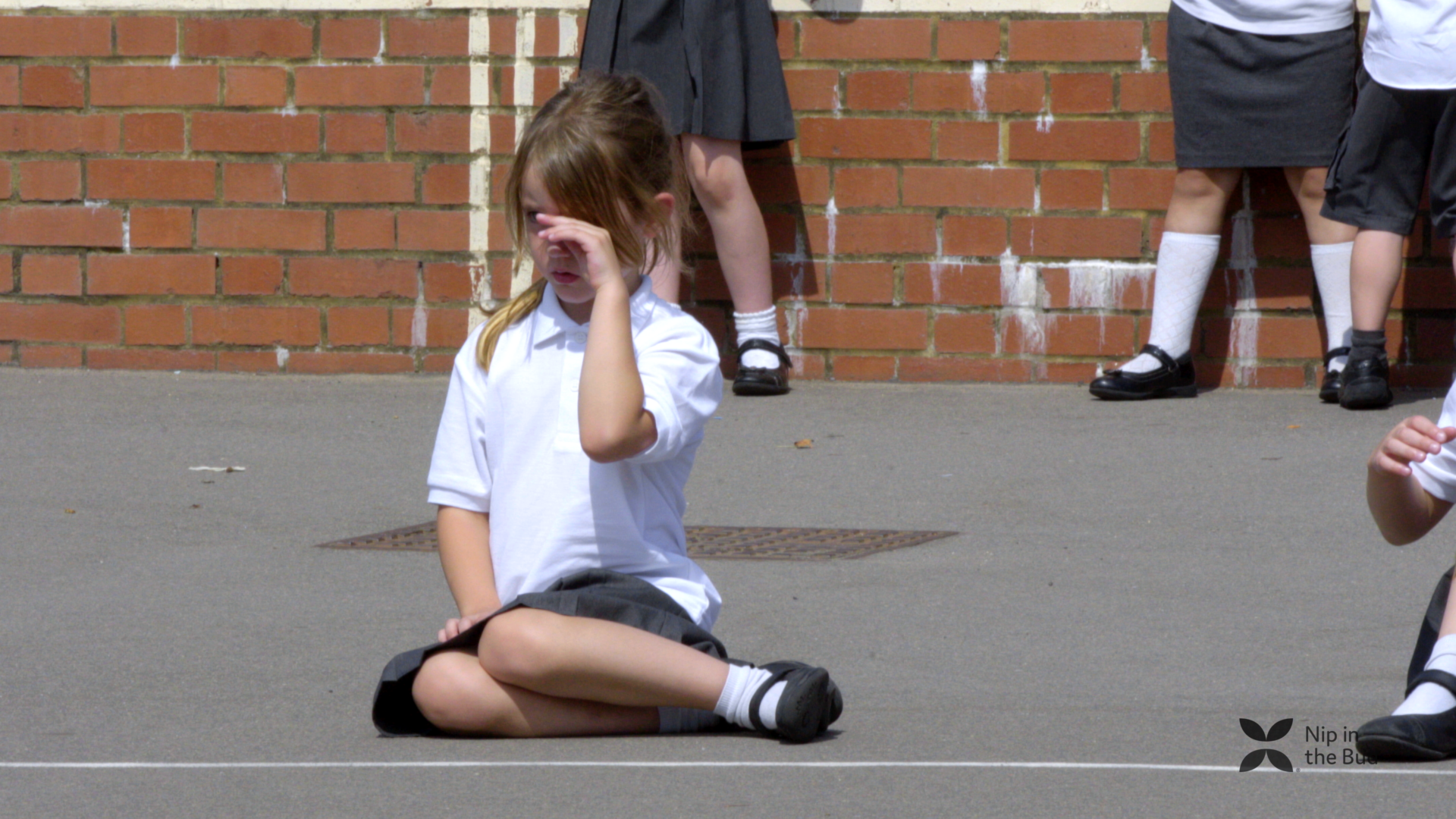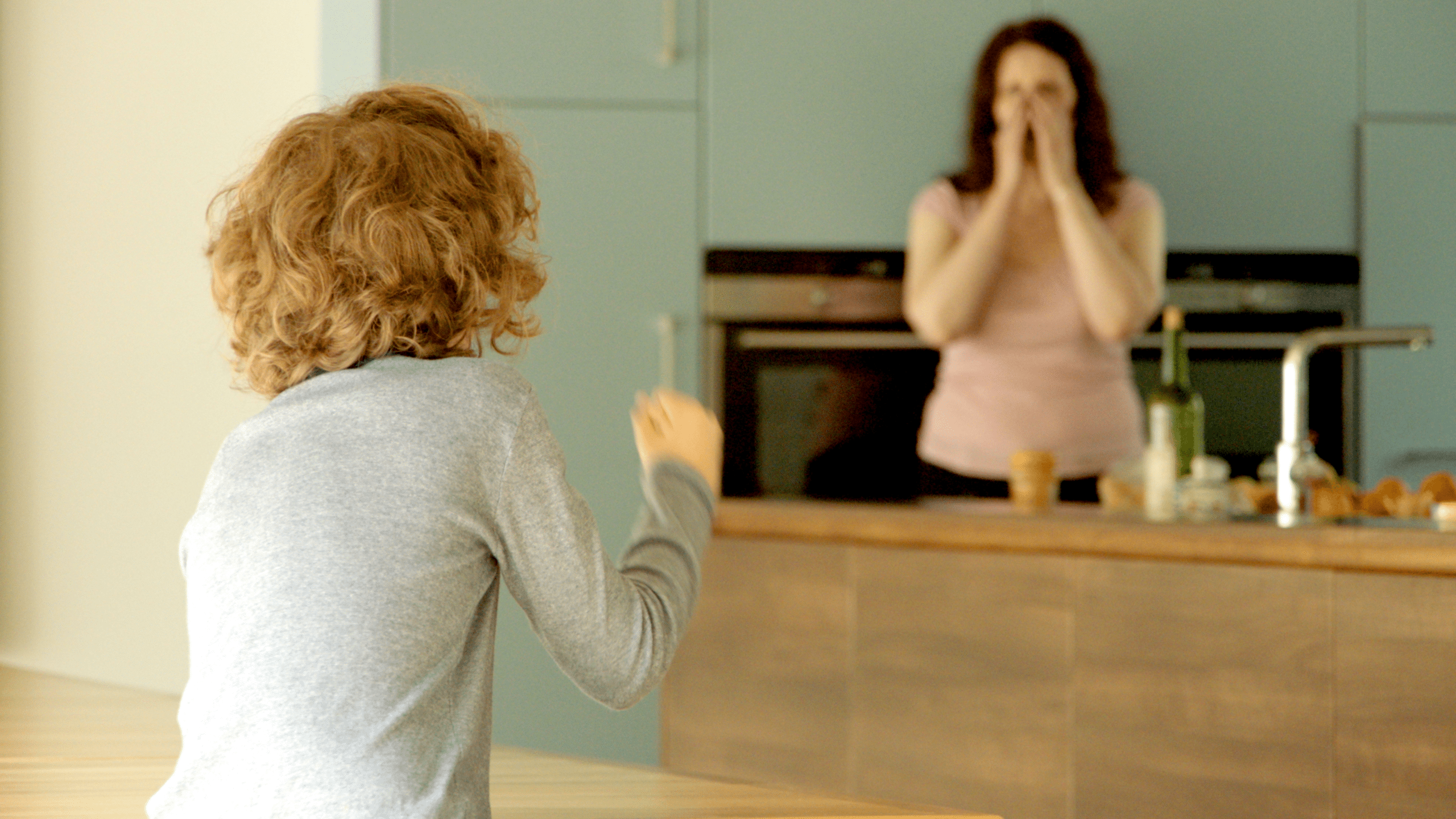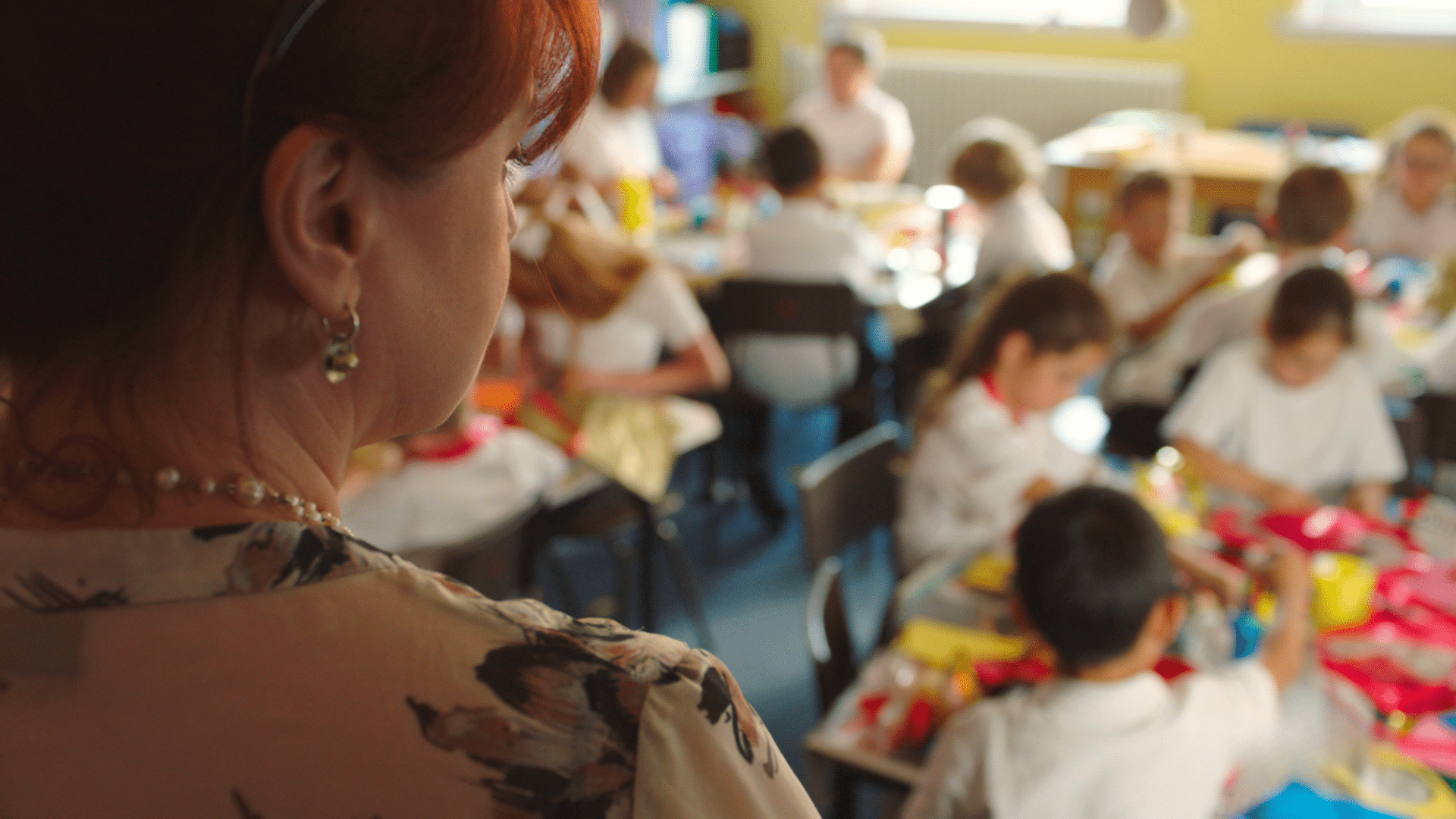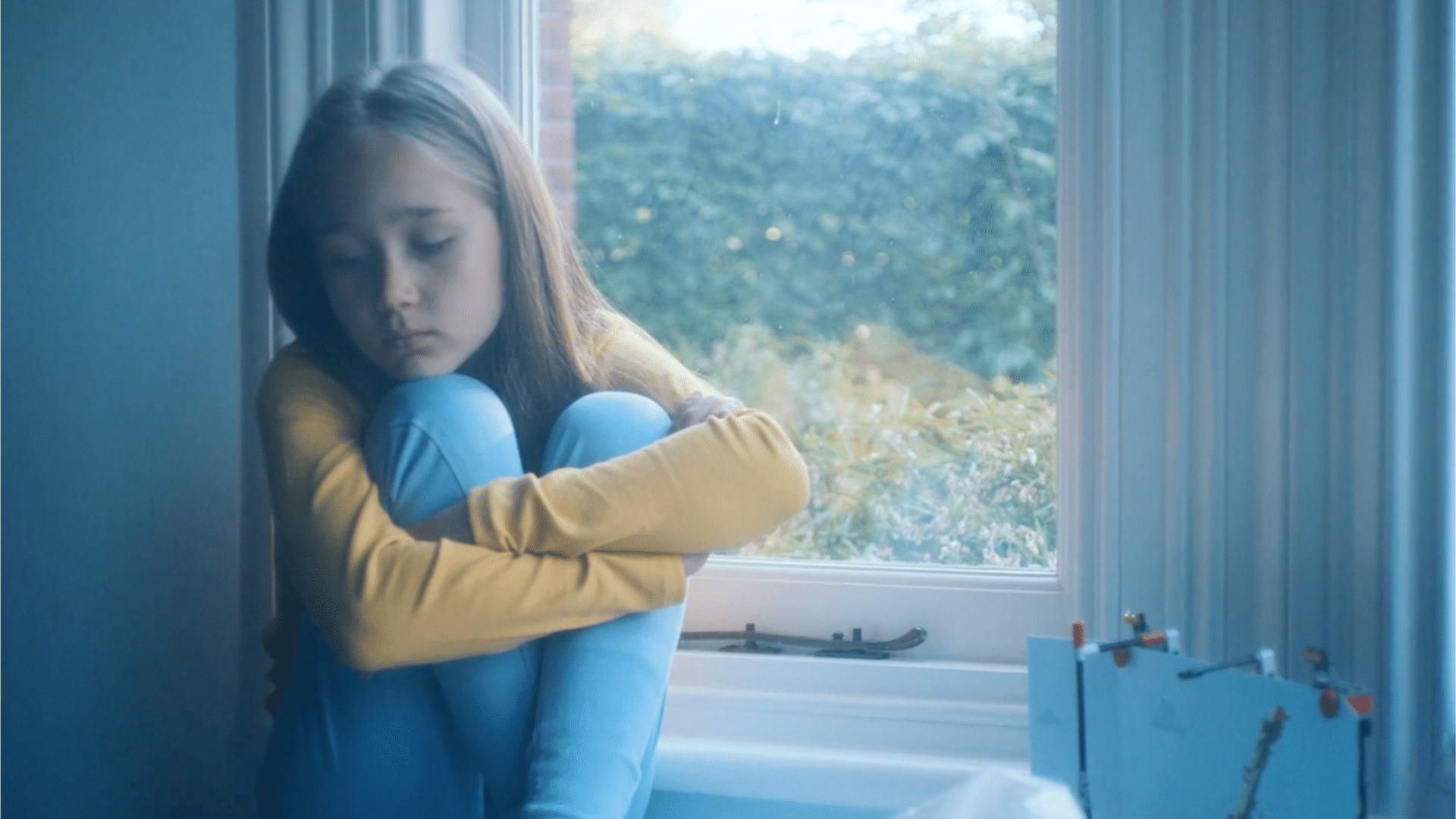
The way we communicate and empathise with our little ones informs the way that our big ones will later choose – or choose not to – communicate with us.
Sometimes, social media gives me gems. One gem, in particular, stayed with me. Perhaps it was something I was doing anyway; I hope so. But the post explained, in a sentence, why it was important. And so now, every time I’m about to forget just how important it is, the post comes back to me.
In essence, this was it: that the three year old’s problems of today are the 13 year old’s problems of tomorrow. If we teach our three year old that we feel their problems are less than important, by the time they are thirteen they will have learnt that mummy doesn’t think my problems are important, so I won’t bother sharing them. The way we communicate and empathise with our little ones informs the way that our big ones will later choose – or choose not to – communicate with us…
It is therefore irrelevant if I think that the extra rainbow that my daughter’s best friend insisted on adding to her drawing looks quite nice, if my daughter is nonetheless devasted at the defacement of her masterpiece. If she cares, it’s my job to care too. And if I don’t care, she probably won’t tell me when it happens again tomorrow. Fast forward ten years, and she may well also decide that it’s equally pointless to share information about the images – not rainbows this time -that she’s now receiving on her phone. What we set up in the early years is relationship and communication through trust and mutual respect. So it’s not about whether, or not, as adults, we believe the child’s particular problem is important. To them, it’s all important, and it always feels important.
It’s a tricky balance. There was one time, for example, when my daughter could not get over the fact that – let’s call him Boy B – Boy B’s very little sister had pushed her – once – while Boy B was being picked up from nursery. A year on, and the story was still – apparently – very much worth sharing. But it was time for her to recognise that she was OK, everything was now OK, and yes, Boy B’s little sister had pushed her. A year ago.
So, at what point does total empathy stop feeling helpful? Actually, I think it’s never not helpful. Because even if I want to move my daughter on in time and readjust her perspective, I do it from the starting point that she has been upset, and acknowledging that that matters. But then I can ask her how she is doing right now. And I can ask her if the problem has been sorted. And she will probably acknowledge that it has been. And so then we can agree that it’s OK to let this go – without making it, or – more important – her feelings about it – unimportant.
I was recently watching Kate Winslet receive her BAFTA award for the film she made with her daughter, I am Ruth. It’s a film about a middle-aged mother who watches helplessly as her teenage daughter becomes consumed by social media and retreats further and further into herself.
Without doubt, it’s a scary world to be bringing children into a lot of the time. As a mother of a four year old girl, I feel this. But Gabor Mate, Canadian doctor and author with a special interest in childhood trauma, says something I find profound and enlightening. He says that trauma isn’t what happens to you, it’s what happened inside of you as a result of what happened to you. In other words, if you are well supported and able to process the things that happen to you, then even terrible events do not have to be experienced as traumatic.
And this is the gift we give our children, I think, when we help them to feel listened to and supported. It is the gift of knowing that they will never be alone – that even though we won’t be able to take away all of their pain in life, we will sit through it with them. And that’s true whether it’s a defaced rainbow, or a pornographic text.
By Sarah Nabarro





